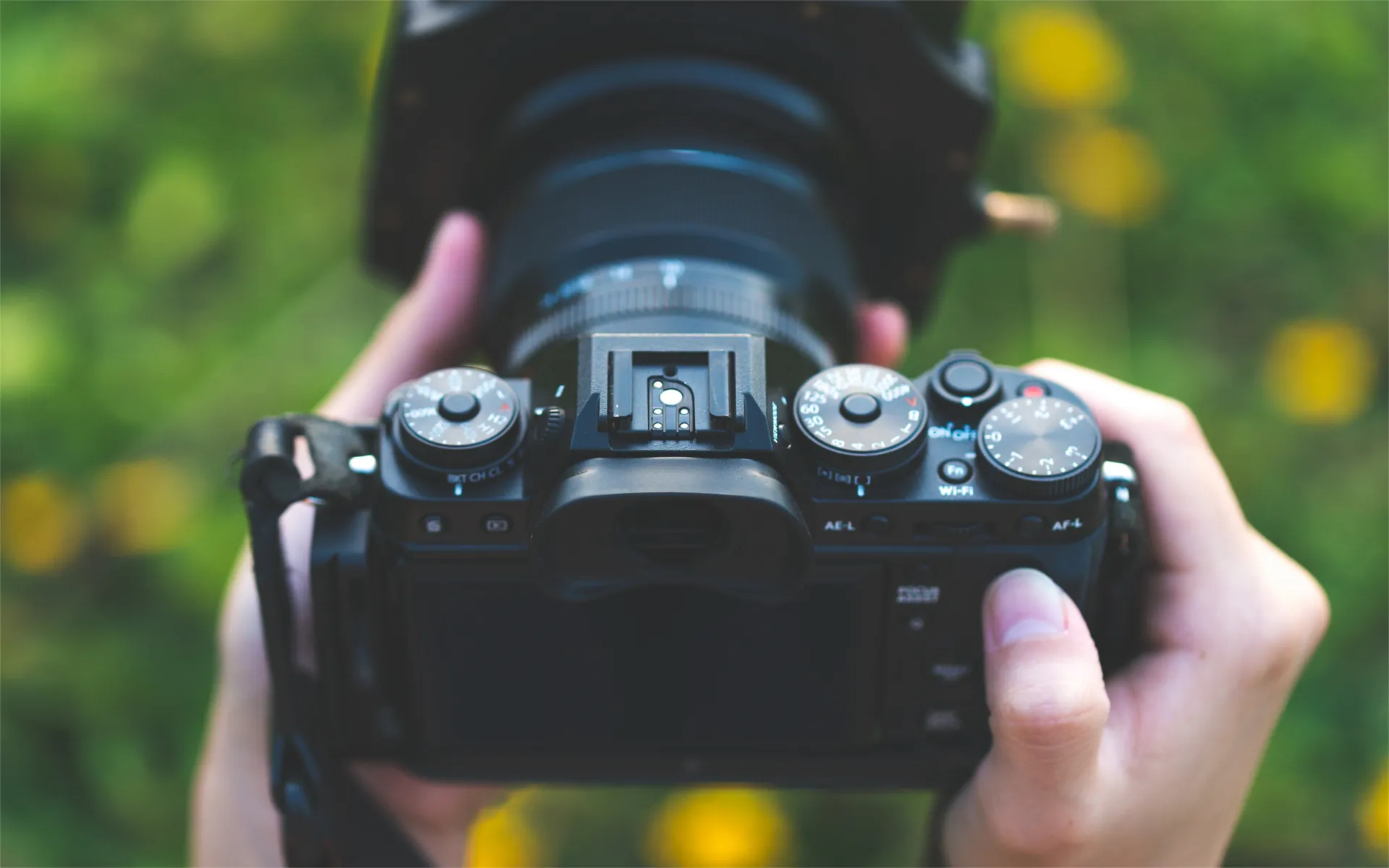With so many digital cameras on the market, it can be nearly impossible to know every single feature that’s available to you. Luckily, there are a few easy-to-answer questions that will help you narrow down your choices and purchase the camera that’s best suited to your needs. Read on for five questions to ask yourself before purchasing your first mirrorless camera or DSLR camera.
What kind of photography am I interested in?
The biggest mistake you can make is purchasing a camera that has a lot more than you’ll ever need or use. Ask yourself what you’re going to use the camera for and what type of photography you’ll be doing. Are you interested in portraits or wildlife? Landscapes or sports? While you can choose different lenses to help you with different photography styles, you’ll still want to pick a camera that’s suited to your main shooting subject. Also ask yourself what kind of conditions you’ll be shooting in — bright light, low light, inside, outside? Most importantly, determine if you want to learn the fine art of photography or if you’re going to be shooting mostly in auto mode. Lastly, set your budget — this will play a big role in the camera in you purchase.
Should I get a DSLR or a point-and-shoot?
Digital SLRs are more affordable than in years past, but that doesn’t mean they’re meant for everyone. A DSLR can be heavy to carry and difficult to keep clean, especially if you’re changing lenses a lot. They’re also more complicated to use than a point-and-shoot, making it ideal for people who want to learn the ins and outs of photography, but not so much for the casual photographer. On the flip side, while point-and-shoot cameras are simple to use and convenient, you just can’t get the same quality as with a DSLR. This is particularly important if you want to turn your hobby into a profession or if you plan on printing photos.
How important is optical zoom?
As you shop for digital cameras, you’ll hear the term “optical zoom” a lot. This is different than digital zoom, which you’ll also hear mentioned. The optical zoom is what you should take into consideration because it’s how much the camera can zoom in before having to switch over to the digital zoom. This plays a large role in the quality of your photos because digital zoom just enlarges pixels to make the subject look bigger and closer, which can make the image look more pixelated.
Can I try the camera before I buy it?
Sure, to an extent. You can ask the salesperson if you can test the camera. You won’t be able to take it out of the store, of course, but you can pick it up to see how it fits your hand and how heavy it is. You can also check out the frequently used functions and menus. You may even be able to take a few shots in the store to see how it works and to check out the flash.
Which camera is the best?
There’s really no straightforward answer to this question. Even top-of-the-line cameras have differences — where one may be better performance-wise, another may have more features. The real question is which camera is best for you and your needs? Otherwise, you could end up spending much more than you planned to for a camera that you won’t use to its full potential, only to find out that a newer, “better” model is on the shelves in six months.
